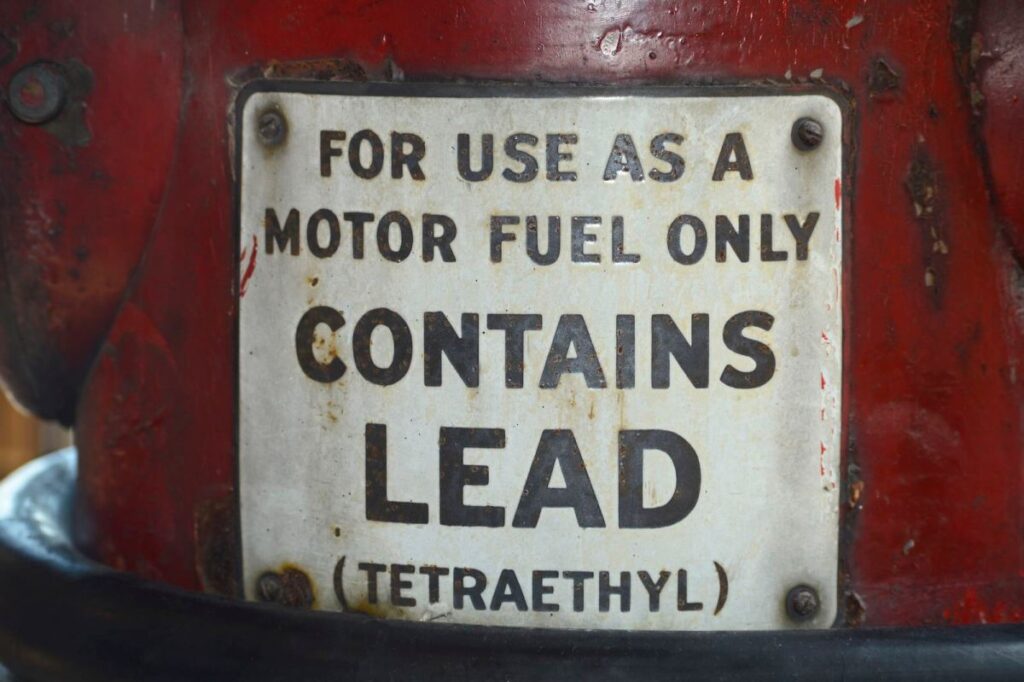
Ever seen the “unleaded” label at the gas station and wondered what it meant? For decades, gasoline contained heavy lead. Introduced in 1921 by General Motors, leaded fuel allowed engines to run smoother and more powerfully without knocking. It even helped extend engine life. At first, it seemed like a perfect solution—until scientists realized it wasn’t.
By the 1970s, researchers warned that even trace amounts of lead could harm human development, especially in children. But it took until 1996 for the U.S. to fully ban leaded gasoline. By then, nearly every American had been exposed.
Leaded gas timeline: profits over public health
When leaded gas hit the market in the 1920s, automakers and fuel companies celebrated. It solved engine problems cheaply and efficiently. By the 1950s and ’60s, leaded fuel dominated the market.
In the 1970s, awareness of lead’s dangers grew. The Environmental Protection Agency (EPA) began pushing for unleaded alternatives. Drivers could choose unleaded gas by 1975, but phasing out leaded fuel was slow.
Finally, the U.S. banned leaded gas for road use in 1996. Still, other countries lagged. Algeria was the last nation to stop selling leaded gasoline—in 2020.
How bad was it? IQ and mental health damage
Two recent studies from Duke University and Florida State University dug into the aftermath of America’s leaded gas addiction. The findings were staggering.
The first study, published in 2022, linked childhood lead exposure to lower IQs. It estimated lead exposure caused Americans to lose 824 million IQ points collectively—an average of 3 points per person, with some losing as many as 6 points.
The second study, released in 2024, went even further. It tied lead exposure to 151 million cases of psychiatric disorders, including anxiety, depression, and ADHD. Researchers warned that lead exposure created a “significant, underappreciated contribution to psychiatric disease” in the U.S.
Learning from the leaded gas disaster
History shows that science can be years ahead of policy—and profits often come first. The leaded gas crisis should remind us that ignoring evidence has consequences. It took too long for companies and lawmakers to act, and entire generations paid the price. Next time scientists point to danger, we should act faster. The leaded gas era is over, but its lessons should fuel smarter decisions about public health and corporate responsibility.


